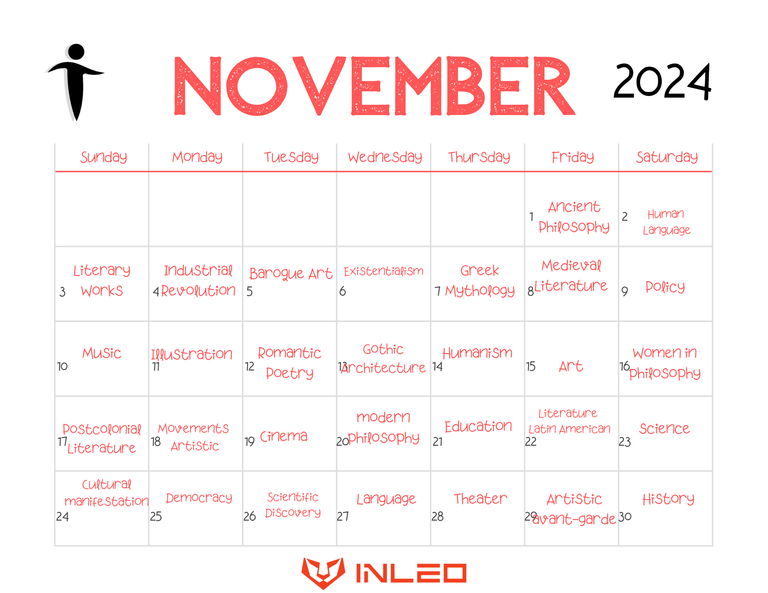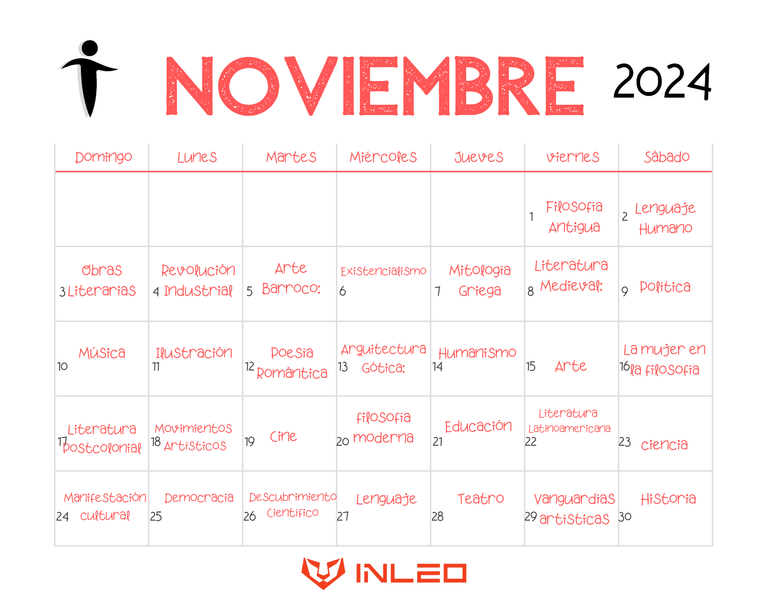Si prefieres la versión en español, haz clic en el siguiente enlace 👉 AQUÍ
ᖇᕮᒪIGIOᑎ:
ᕈoωᥱɾ ᥲᥒᑯ ᙓʋoꙆᥙtɩoᥒ
Since ancient times, religion has played a central role in the lives of human beings, evolving along with the societies to which it belongs. Reflecting on its history and evolution, I cannot help but consider the dual facet of religion: as a source of comfort and guidance, but also as a tool of repression and control.
In ancient times, many religions were deeply repressive and inquisitive. The Catholic Church, for example, used its power to maintain an iron grip on society. A clear example of this is the Inquisition, a dark period in human history where thousands of people were persecuted, tortured and executed on charges of heresy. The Spanish Inquisition, established in the 15th century, became a symbol of the brutality exercised in the name of faith. Repression was not only limited to those who challenged religious doctrine, but also extended to the censorship of books and knowledge deemed dangerous to the established faith.

Another striking example is the trial of Galileo Galilei in the 17th century. Galileo, who supported the heliocentric theory of Copernicus, was accused of heresy by the Catholic Church and forced to recant his scientific discoveries. This incident shows how the Church used its authority to suppress scientific knowledge that contradicted its teachings, perpetuating ignorance rather than promoting progress.
In more recent times, although religion has lost some of its absolute power, it continues to exert significant influence. In many parts of the world, religious institutions continue to accumulate wealth and power, often taking advantage of people's faith and naivety. Religion, like politics, can become a lucrative business for those who know how to manipulate it. Religious leaders who promise salvation or miracles in exchange for monetary donations exploit the hope and vulnerability of their followers.
However, it is not all negative. Religion has also evolved and taken on new roles in modern society. In many cases, it has evolved from a repressive force to a space for community support and charity. Religious organisations of different faiths play a vital role in social welfare, providing assistance to those in need and promoting social justice. In an increasingly secular world, religion continues to offer spiritual comfort and a sense of belonging to millions of people.

In my view, the key is to recognise both the positive and negative aspects of religion. We cannot ignore its history of repression and control, but we must also appreciate its ability to adapt and provide support in difficult times. Religion, when used for good, can be a powerful source of inspiration and social transformation.
The evolution of religions reflects both the ability of human beings to seek meaning and solace, and their tendency to use power for control. The role of religion in modern society remains complex and multifaceted, challenging us to balance respect for faith with the need to maintain integrity and justice. As we reflect on its history and impact today, we must continue to promote an ethical and humane use of religion that truly benefits all and not just the few.
You are cordially invited to participate. A theme for each day. It is a proposal of the #humanitas Community. In the following links you will find all the necessary information. We are waiting for you… @silher, @chironga67, and @atreyuserver.
INITIATIVE: A theme for everч dαч (November 2024)

CREDITS:
Dedicɑted to ɑll those poets who contɾibute, dɑγ bγ dɑγ, to mɑke ouɾ plɑnet ɑ betteɾ woɾld.


ᖇᕮᒪIGIÓᑎ:
ᕈoᑯᥱɾ ყ ᙓʋoꙆᥙᥴɩóᥒ
Desde la antigüedad, la religión ha jugado un papel central en la vida de los seres humanos, evolucionando junto con las sociedades a las que pertenece. Reflexionando sobre su historia y evolución, no puedo evitar considerar la doble faceta de la religión: como fuente de consuelo y guía, pero también como herramienta de represión y control.
En los tiempos antiguos, muchas religiones eran profundamente represivas e inquisitivas. La Iglesia Católica, por ejemplo, utilizó su poder para mantener un férreo control sobre la sociedad. Un claro ejemplo de esto es la Inquisición, un período oscuro en la historia de la humanidad donde miles de personas fueron perseguidas, torturadas y ejecutadas bajo la acusación de herejía. La Inquisición Española, establecida en el siglo XV, se convirtió en un símbolo de la brutalidad ejercida en nombre de la fe. La represión no solo se limitaba a aquellos que desafiaban la doctrina religiosa, sino que también se extendía a la censura de libros y conocimientos que se consideraban peligrosos para la fe establecida.

Otro ejemplo contundente es el juicio de Galileo Galilei en el siglo XVII. Galileo, quien apoyaba la teoría heliocéntrica de Copérnico, fue acusado de herejía por la Iglesia Católica y obligado a retractarse de sus descubrimientos científicos. Este incidente muestra cómo la Iglesia usó su autoridad para suprimir el conocimiento científico que contradecía sus enseñanzas, perpetuando la ignorancia en lugar de fomentar el progreso.
En tiempos más recientes, aunque la religión ha perdido parte de su poder absoluto, sigue ejerciendo una influencia significativa. En muchos lugares del mundo, las instituciones religiosas continúan acumulando riqueza y poder, a menudo aprovechándose de la fe y la ingenuidad de las personas. La religión, al igual que la política, puede convertirse en un negocio lucrativo para aquellos que saben manipularla. Los líderes religiosos que prometen salvación o milagros a cambio de donaciones monetarias explotan la esperanza y la vulnerabilidad de sus seguidores.
Sin embargo, no todo es negativo. La religión también ha evolucionado y ha adoptado nuevos roles en la sociedad moderna. En muchos casos, ha pasado de ser una fuerza represiva a convertirse en un espacio de apoyo comunitario y caritativo. Organizaciones religiosas de diferentes creencias juegan un papel vital en la asistencia social, proporcionando ayuda a los necesitados y promoviendo la justicia social. En un mundo cada vez más secular, la religión sigue ofreciendo consuelo espiritual y un sentido de pertenencia a millones de personas.

En mi opinión, la clave está en reconocer tanto los aspectos positivos como negativos de la religión. No podemos ignorar su historia de represión y control, pero también debemos valorar su capacidad para adaptarse y proporcionar apoyo en tiempos difíciles. La religión, cuando es utilizada para el bien, puede ser una fuente poderosa de inspiración y transformación social.
La evolución de las religiones refleja tanto la capacidad de los seres humanos para buscar sentido y consuelo, como su tendencia a utilizar el poder para el control. El papel de la religión en la sociedad moderna sigue siendo complejo y multifacético, desafiándonos a equilibrar el respeto por la fe con la necesidad de mantener la integridad y la justicia. Al reflexionar sobre su historia y su impacto actual, debemos seguir promoviendo un uso ético y humano de la religión, que verdaderamente beneficia a todos y no solo a unos pocos.
Estás cordialmente invitado a participar. Un tema para cada día. Es una propuesta de la Comunidad #humanitas. En el siguiente enlaces encontrarás toda la información necesaria. Te esperamos… @cirangela, @felpach, y @lauril.
INICIATIVA: Un temα pαrα cαdα dı́α (Noviembre 2024)

Dedicɑdo ɑ todos ɑquellos que contɾibuγen, díɑ ɑ díɑ, ɑ hɑceɾ de nuestɾo plɑnetɑ, un mundo mejoɾ.


Dedicɑdo ɑ todos ɑquellos que contɾibuγen, díɑ ɑ díɑ, ɑ hɑceɾ de nuestɾo plɑnetɑ, un mundo mejoɾ.

